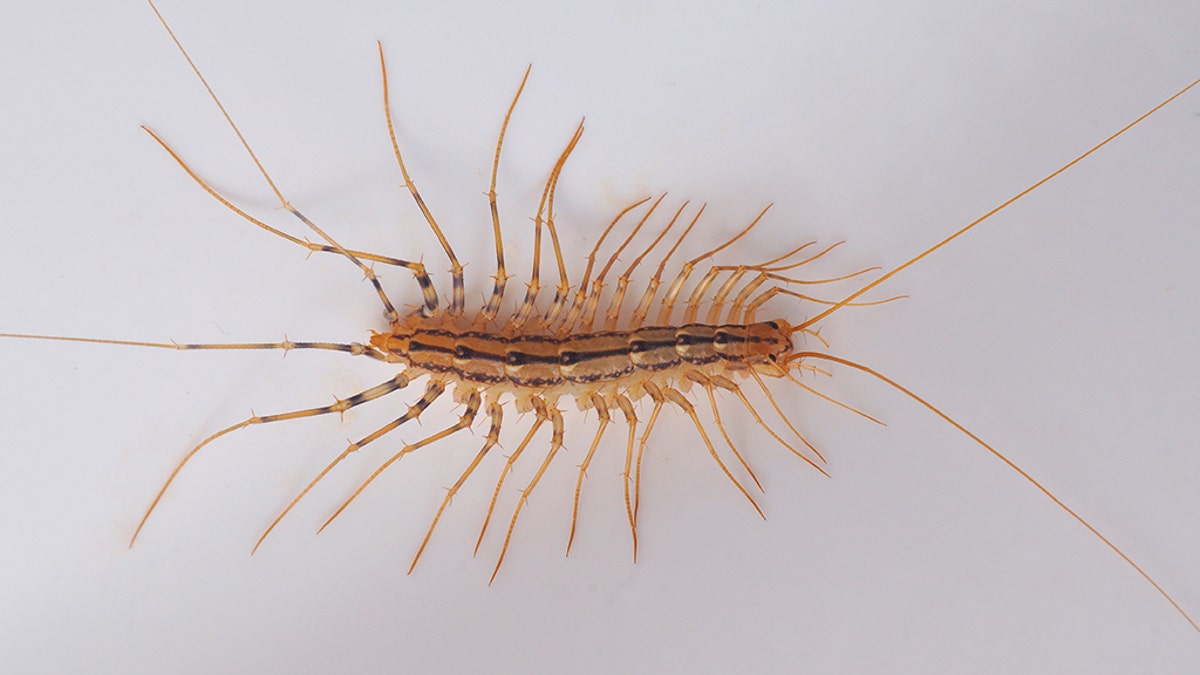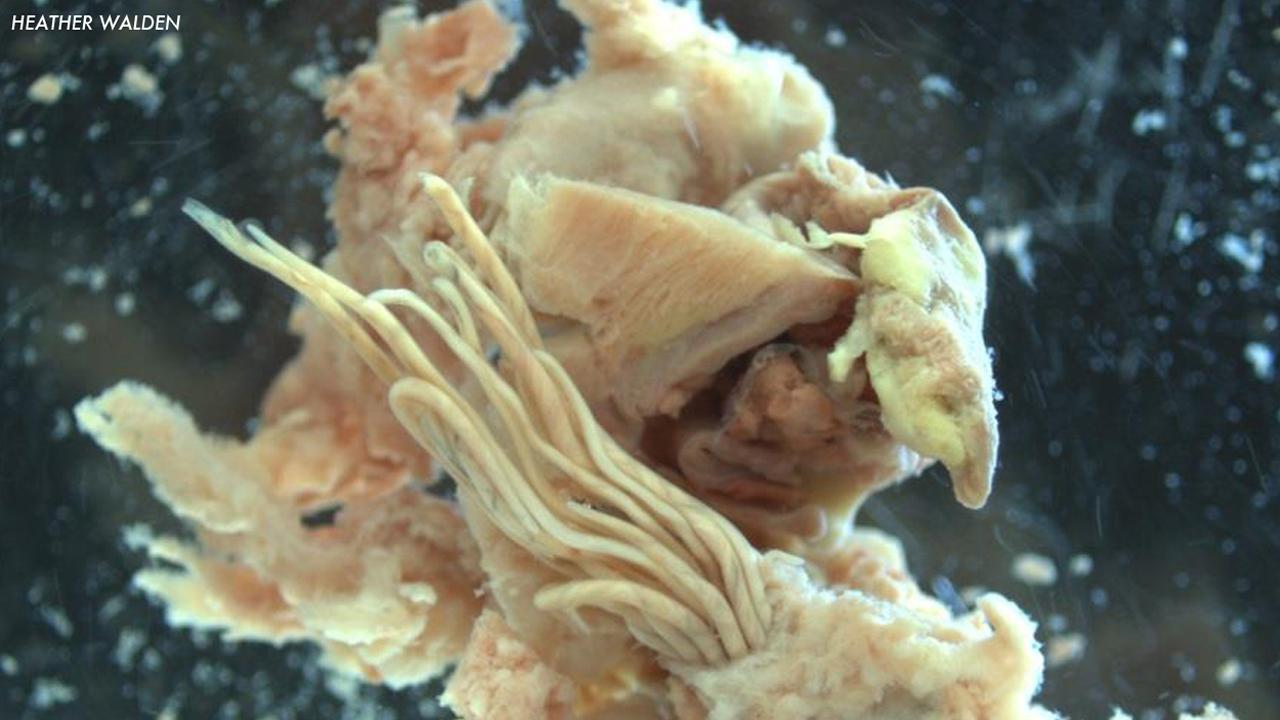
A centipede was likely the cause of the rat lungworm parasite found in the mother and son. (iStock)
A woman and her grown son contracted “rat lungworm” after eating raw centipedes they bought at a market in China, researchers said.
Scientists with the Southern Medical University in Guangzhou, China recently wrote in the American Journal of Tropical Medicine and Hygiene that the A. cantonensis parasite — often known as "rat lungworm" — was “transmitted through an intermediate centipede host,” MedPage Today reported.
Rat lungworm is a parasite that’s found in rodents. The infected rodents then pass the parasite’s larvae through their feces, later infecting snails and slugs, among other creatures, when they ingest the larvae. Humans who eat raw or undercooked snails or slugs that contain the parasite can be infected, the Center for Disease Control and Prevention (CDC) reports.
The parasite is typically found in China and Southeast Asia, though it has also been reported in the U.S.
RAT LUNGWORM EXPLAINED: WHAT TO KNOW ABOUT THE PARASITE FOUND IN FLORIDA
The newly reported research is significant because it suggests the parasite can be found in centipedes as well.
Dr. Lingli Lu, of Zhujiang Hospital in Guangzhou and co-author of the study, told MedPage Today in a statement the mother and son ate the centipede because they thought it would “be good for their health.”
Instead, ingesting the centipede made them ill.
The mother and son, ages 78 and 46, respectively, whose identities remain anonymous at this time, were admitted to the Zhujiang Hospital a few weeks apart after eating the arthropods.
Both patients exhibited signs of meningitis, such as a long-lasting headache and drowsiness. A meningitis specialist suggested testing for lungworm, The New York Times reported, after bacterial and viral causes were ruled out.
Turns out, both the woman and her son were infected with the parasite. The two recovered after they were treated with an antiparasitic drug and steroid.
TENNESSEE MOM'S 'NAGGING' TEXT TO HUSBAND ABOUT CAR SEAT LIKELY SAVED SON'S LIFE IN ACCIDENT
To verify centipedes were the cause, physicians bought at least 20 of the multi-legged creatures from the same farmer’s market and ran several tests on them. At least seven tested positive for lungworm larvae, ultimately confirming the researchers’ suspicion.
Though it is not uncommon in the country to eat dried centipedes — different aspects of centipedes have been used to treat a variety of different ailments throughout history — eating a raw centipede can also be dangerous aside from the possibility of contracting rat lungworm, as its venom can be deadly.
"In my opinion, it would be rude to tell the customer, ‘Don’t eat them raw,’” Lu told The New York Times regarding why the centipedes were sold alive. “It would say the customer is stupid."

